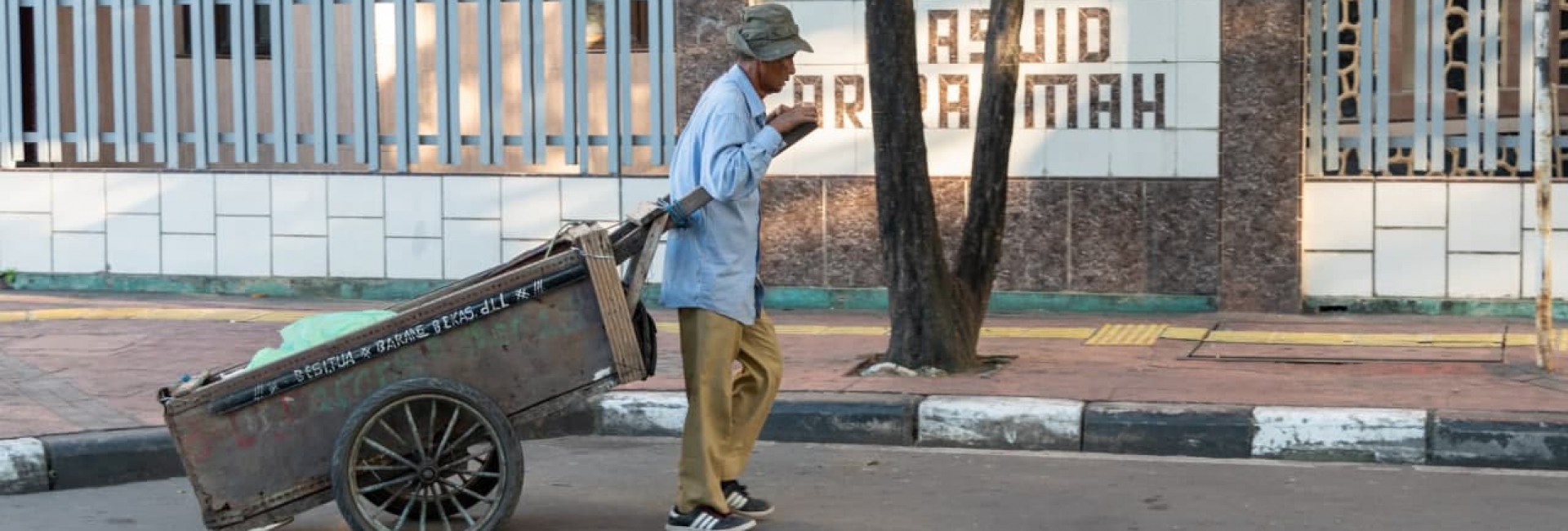Since 2017, SMERU has contributed to the development of Inclusive Economic Development Index, the revision of Indonesian Democracy Index and Culture Index, and the update of Youth Development Index. With such an extensive experience of getting involved in developing these indexes, SMERU has the capacity to contribute to the development and calculation of the Social Welfare Index (Ikesos). The study is a continuation of a similar study held in late 2020. Up until December 2020, SMERU had completed the formulation of the conceptual framework of Ikesos along with its constituent structures, namely the target groups, dimensions, subdimensions, and indicators. In 2021, SMERU continues its cooperation with the Ministry of Social Affairs to complete the stage of formulation of Ikesos.
- conduct Ikesos calculation test using simple weighting;
- determine the weighting for each Ikesos’ constituent structure using Analytical Hierarchy Process (AHP) method;
- update the calculation of Ikesos and evaluate its feasibility; and
- conduct final calculation.
The study applies both qualitative and quantitative approaches. The qualitative approach is used to determine the minimum and maximum values of each indicator and to evaluate the feasibility of Ikesos calculation results in the regions. This is done using focus group discussions (FGD) and/or in-depth interviews with experts and stakeholders. Meanwhile, the quantitative approach is applied to determine the weighting and calculation of Ikesos. The weighting is determined using a survey employing the AHP method with the relevant stakeholders and experts as its participants.
The development of Ikesos in this second period starts with a calculation test using simple weighting (without using AHP method). The next step is conducting the four main stages of Ikesos development, as a continuation of the three stages previously completed in 2020.




